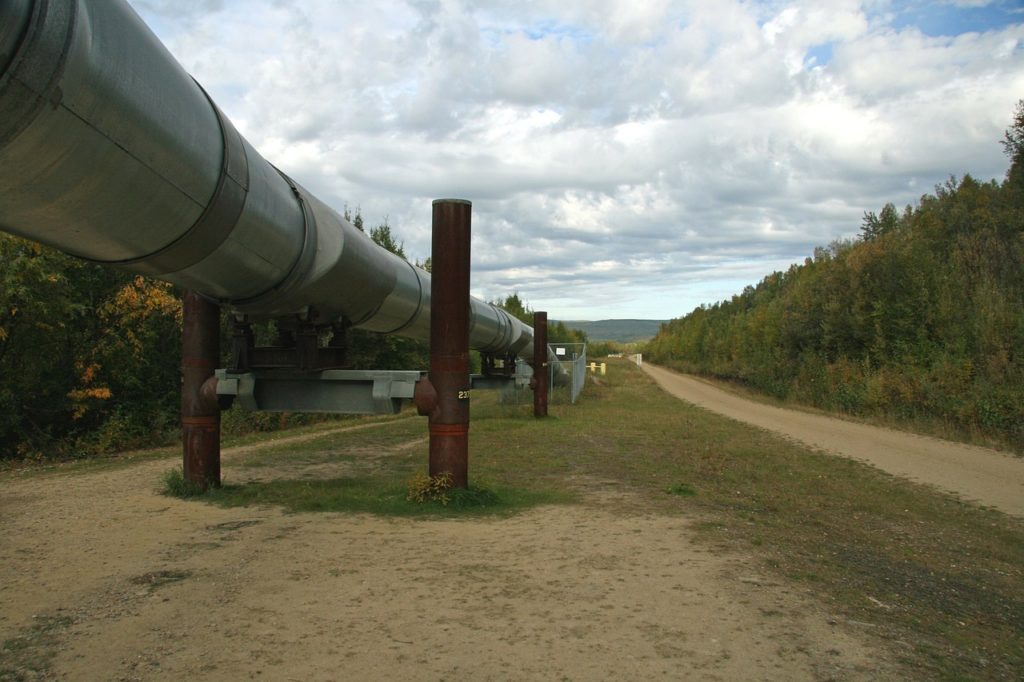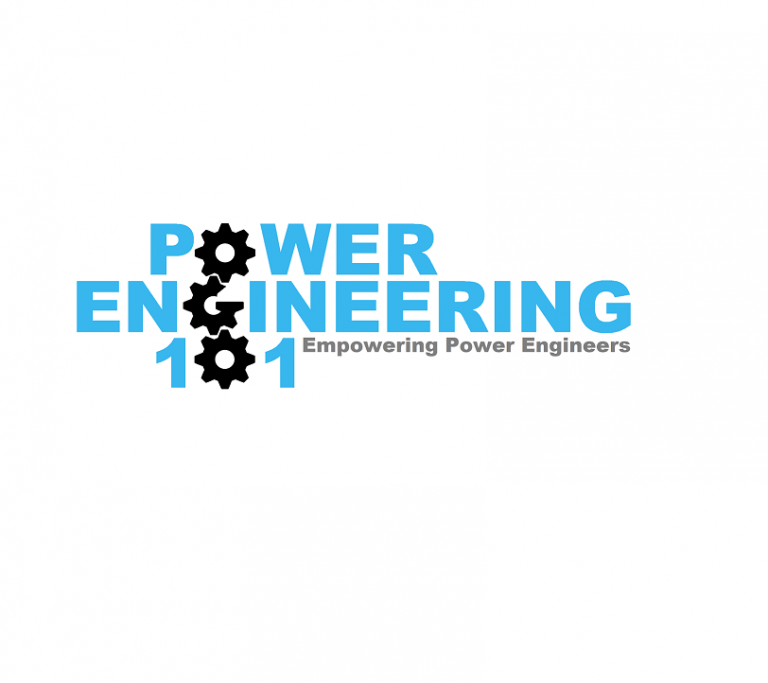Question #7 How To: Calculate The Maximum Allowable Working Pressure Of Piping
Return To Post How To: Calculate The Maximum Allowable Working Pressure Of Piping
Question #7 How To: Calculate The Maximum Allowable Working Pressure Of Piping Read More »




















